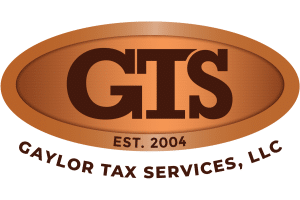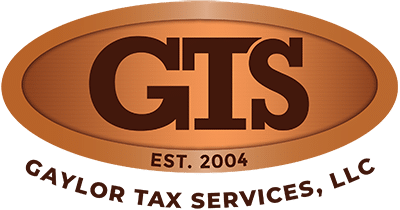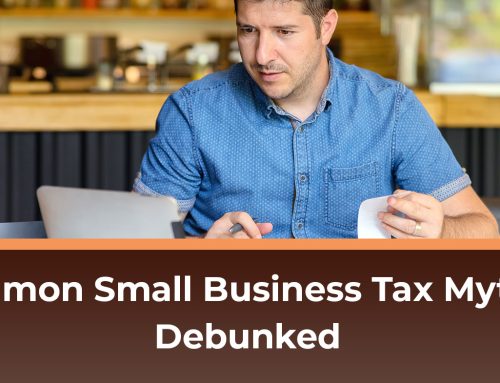When launching your own business, selecting your business’s entity type is an important and impactful decision. The entity type you choose will have direct implications on your taxes, liabilities, and more. In this article, we share brief overviews of the most common entity structures as well as a few questions to consider to help you make an informed decision.
The Most Common Entity Types
Let’s briefly go over the most common entity structures. If your business is fairly typical, it will likely take one of five entity forms:
- Sole proprietorship
- Partnership
- Limited Liability Company (LLC)
- C Corporation
- S Corporation
Sole Proprietorship
A sole proprietorship allows one person (namely the owner of the business) to possess full control of all business functions. There is no need to file any official paperwork with the Secretary of State’s office because from a legal and taxation perspective, the individual and businesses are deemed one and the same. This is a simpler way to run a business from an administrative perspective, but a big drawback is the lack of liability limitation. Since the business owner and entity are deemed the same, any legal action leveled at the business will attach to the individual as well. The owner’s personal assets are also more at risk in a sole proprietorship.
Partnership
A partnership consists of two or more individuals who own or control a business. Ina partnership, profits, debts, and liabilities are shared among partners instead of being left to one person alone. Each partner files his or her own taxes for their share of the profits and separately reports their losses. It’s important to note there are two types of partnerships: limited and general. A limited partnership means some partners have a limited share of the profits and liability and are relatively passive. A general partnership allows partners to share all profits and liabilities equally.
Limited Liability Company (LLC)
An LLC is considered a hybrid entity because it has features of both partnership and a corporation. They are typically owned by one or more people or entities and are known as “members.” LLCs offer personal liability protections for their members and provides flexibility when it comes to taxes, so there’s a choice of if you want to be treated as a corporation or as a pass-through entity on your taxes. The business is also a formal legal structure with a separate identity from its members, so creditors of the business can’t attach judgment to the owner’s personal assets.
C Corporation
A C corporation is a common business entity form for larger businesses with employees. It’s usually owned by shareholders and is run by a board of directors and management. A pro of a C corporation is it’s considered a separate legal entity from its owners. However, a con is C corporations are subject to “double taxation.” This means revenue is taxed when it is earned and again when it is distributed to shareholders.
S Corporation
To become a S corporation, an entity must form as a C corporation first, then apply to become an S corporation. S corporations provide limited liability protection to shareholders and are run by a board of directors and management. The difference between the two corporations is that S corporations pass their income, losses, deductions, and credits on to their shareholders, who then file this information on their personal income taxes. The corporation, then, does not pay for its own federal income.
Questions to Consider
Before you choose your business entity, consider these questions to help you make an informed decision.
Will you run the business alone or with someone else?
If you want to run your business alone, you can choose any business entity type except a partnership. On the flip side, if you’re starting the business with one other person, you can choose any entity except sole proprietorship.
If you run your business with others, will they be equal partners?
This will help you decide how much profit and liability you’d like others to have. It’s also good to ask yourself if these people will help operate the business or just invest in it.
Do you need to safeguard your personal assets from company liabilities?
Depending on the entity you choose, if your business cannot pay its debts, your personal assets as the owner could be at risk. This is where you may want to consider forming an entity with limited liability protections, such as an LLC, over something like a sole proprietorship.
Do you want the business to be a short-term endeavor, a lifetime enterprise, or a business that lasts beyond your life?
How you see your business lasting in the future can also have an effect on the entity type you choose. If you want it to last past your life, certain entity types are easier to transfer ownership than others.

Let Gaylor Tax Services help you with your entity selection and restructuring.
Entity Selection and Restructuring
Every business is different, and choosing your business structure can be difficult and confusing. At Gaylor Tax Services, we can help you determine how best to set up your new venture and even help you restructure later if advantageous. Our experts are always here to help, so do not hesitate to contact us. We are located in Phoenix, Arizona but can assist you anywhere in the state.






